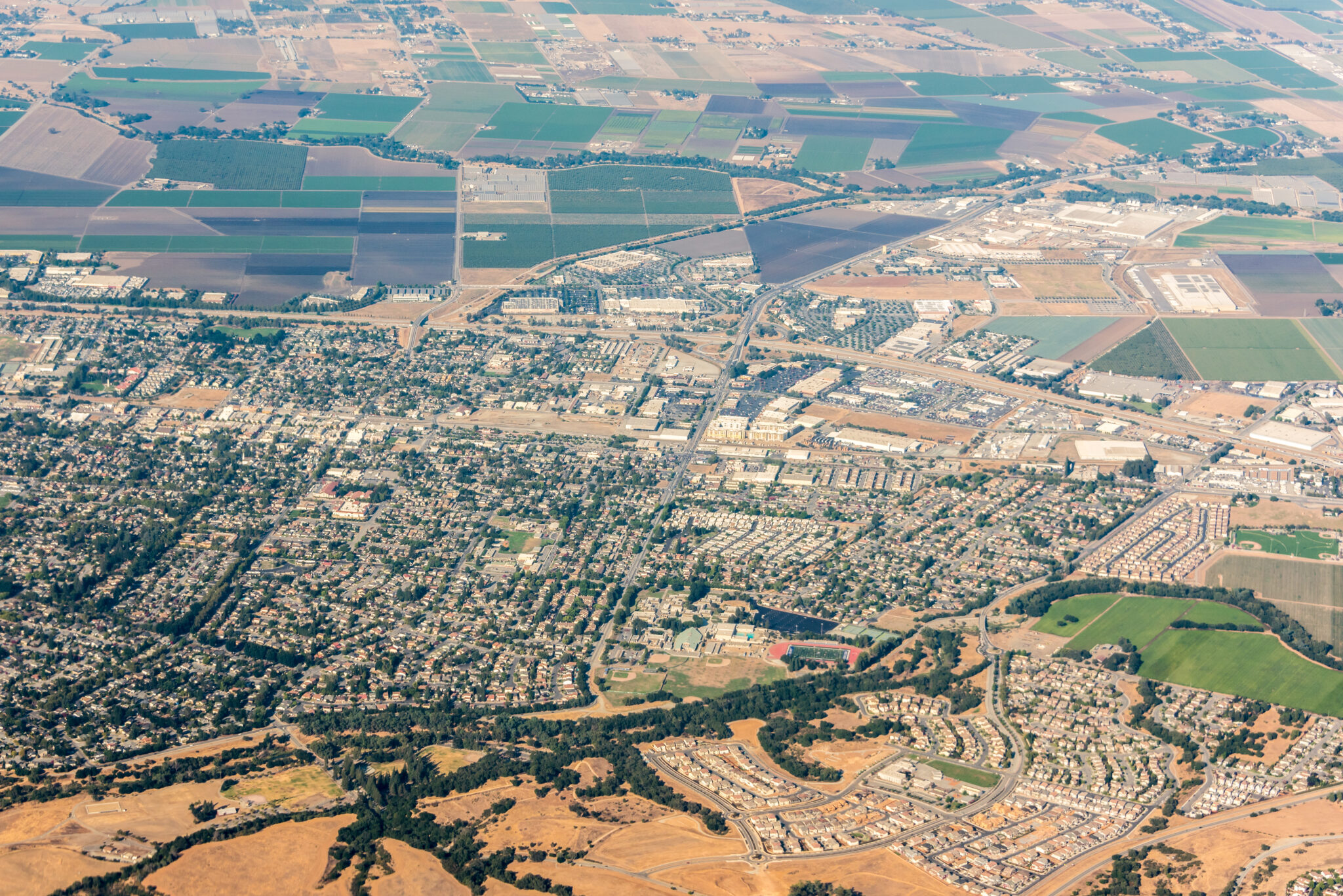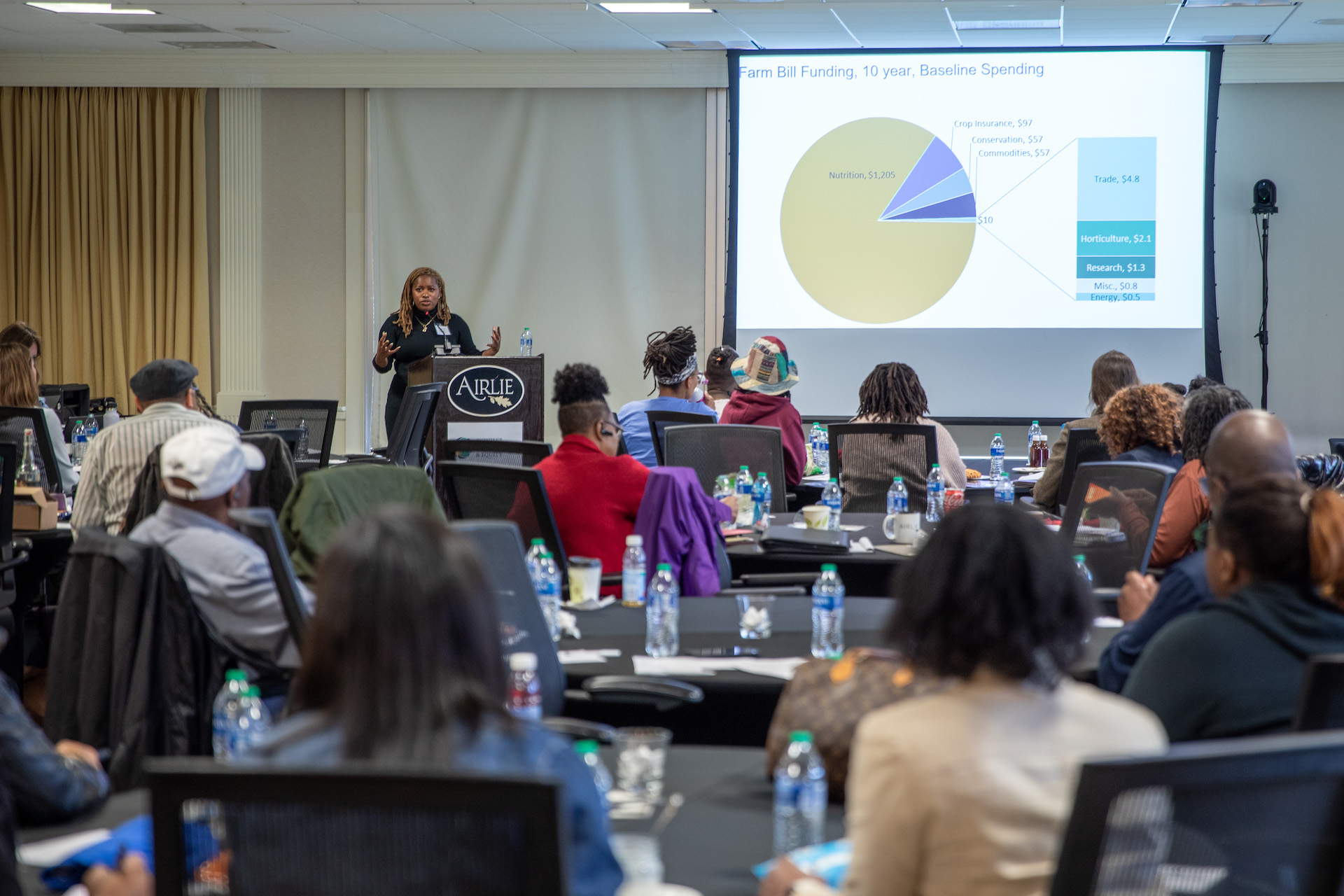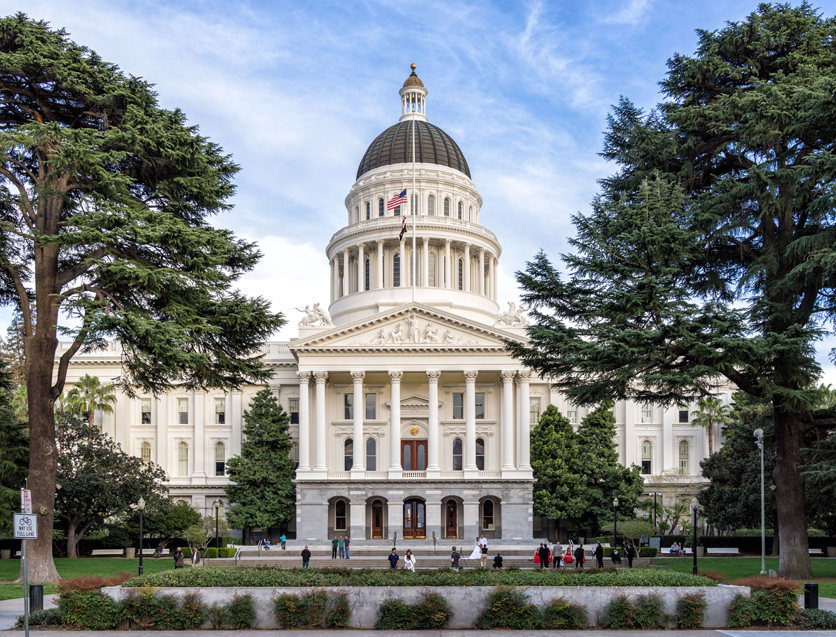As a public university, one of the key pillars of the University of California is its responsibility to public service. At the Berkeley Food Institute, we believe that this translates to policy. In July 2015, we co-hosted a workshop at the UC Office of the President titled “Leveraging Research for Food and Agriculture Policy.” The workshop brought 70 UC researchers and administrators together to discuss the exchange of knowledge between the university and legislature — and how food systems research can inform good food policy.
This workshop officially launched BFI’s policy program. We publish policy briefs and reports, draft comments and letters to government agencies, hold high-quality and informative policy trainings, support coalitions of nonprofits and organizations working on specific policy issues, facilitate opportunities for faculty and students to engage with policy through conferences and lecture series, and host legislative events and forums to share research with policymakers.
What do we mean by good food policy? In our view, food policy that works well 1.) increases access to good, nutritious food, 2.) supports systems of farming and food production that is equitable, sustainable, and friendly to farmworkers and biodiversity, and 3.) creates a level playing field for farmers, food producers, workers, and eaters. Good food policy establishes a “bottom floor” to ensure that our food system doesn’t fall backwards in time and create harmful conditions across the food chain. It also aims for a “high ceiling,” where environmental protection and high quality food can coexist with profitable farm businesses and people.
We recognize the power that consumers have in guiding changes in our food system. But we strongly believe that food systems transformation can only be institutionalized through policy that protects those with the least social and economic power.



